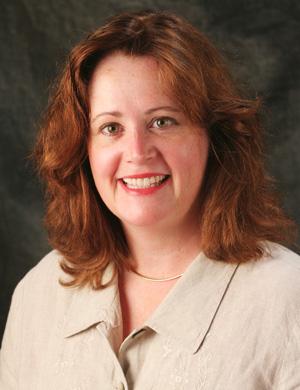
By Mara Fitzgibbon Adams
In March of 2010, radio host Glenn Beck spoke out against churches that advocate social justice, arguing that the term had been “completely perverted and hijacked by progressives.” Priests that preach this message should be reported to their bishops and Christians would be well advised to “run” from such churches.
When these statements generated a great deal of controversy, Beck attempted to clarify his position on his website. “Make sure your church puts God first and politics and government last.” (1)
In a society of up-to-the-minute news coverage, a story that is seven months old may seem passé, but with the mid-term elections just around the corner, issues of social justice and politics are quite relevant. I do not presume to know Beck’s motivation nor how he defined his terms, but Catholics need to be well-informed about how our tradition has understood social justice. In speaking of their pastoral functions, the United States Conference of Catholic Bishops (USCCB) calls upon its members to “act collaboratively and consistently on vital issues confronting the Church and society.”
While religion and politics are distinct spheres of life, they are not disconnected spheres, and a quick peek at the USCCB’s website, www.usccb.org, illustrates this point. Here you will find USCCB statements on issues such as the environment, arms control, immigration, poverty and assorted international issues. While the bishops do not endorse any particular political position, candidate or party, their statements clearly indicate that we cannot compartmentalize contemporary challenges and assume that what is happening in politics or economics does not also have serious moral significance.
In the last three presidential elections, some political pundits divided various issues into artificial categories, declaring some, such as abortion, to be moral issues, but others, such as immigration or war, only political or economic issues. Such divisions are absurd not only because the moral consequences of war and immigration are so devastating, but also because this schema suggests a reality that doesn’t exist. Putting God “first” cannot happen in a vacuum, but has to be integrated every day of our lives into all of our choices. Catholic social teaching has been articulated through papal, conciliar and episcopal documents over many years.
The USCCB identifies seven themes of social justice: life and dignity of the human person; the call to family, community and participation; rights and responsibilities; the option for the poor and vulnerable; the dignity of work and the rights of workers; solidarity; and care for God’s creation. But what about those who charge that faith communities should “stick to religion” and not be talking about political or social issues?
Our faith teaches that all human life has dignity and is sacred, and because we have both the gift of faith and reason, our task is to apply the teachings of our faith to concrete situations, including the messy, complicated political and economic ones. The process of discerning what our response should be to a particular issue is hard work and running away from that challenge has never been part of our faith tradition.
To seek God above all things is what all Christians are called to do, but this search is always articulated within a particular historical context. Catholic social justice teaching isn’t new or trendy, but is rooted in the Hebrew prophets who announced God’s love for the poor, and affirmed by the life and teachings of Jesus, who came to “bring glad tidings to the poor” and identified himself “with the least of these.”
Catholic social justice is based on a fundamental understanding of human life and dignity, and many contemporary issues have the potential to harm human life and trample on dignity. The USCCB writes that “the Church’s social teaching is integral to our identity and mission as Catholics.” (2)
We mustn’t “run” from this call to live out our fundamental beliefs, but pray we have the strength to embody them for the world.
(1) www.foxnews.com/story/0,2933,589832,00.html
(2) “Sharing Catholic Social Teaching: Challenges and Directions.” USCCB website, http://www.usccb.org/sdwp/projects/socialteaching/socialteaching.shtml#intro
(Adams is an associate professor of theology at St. Ambrose University in Davenport.)








